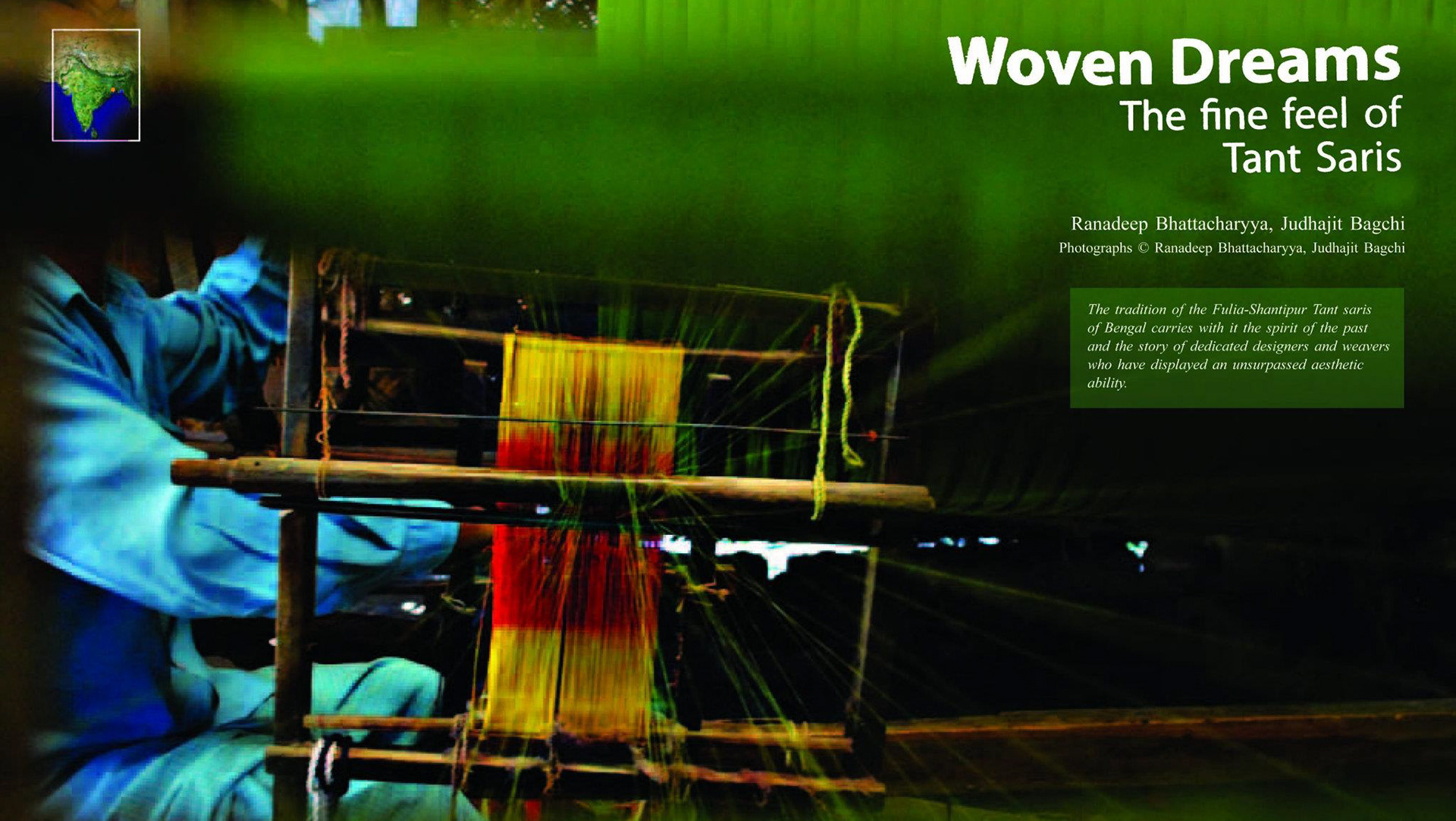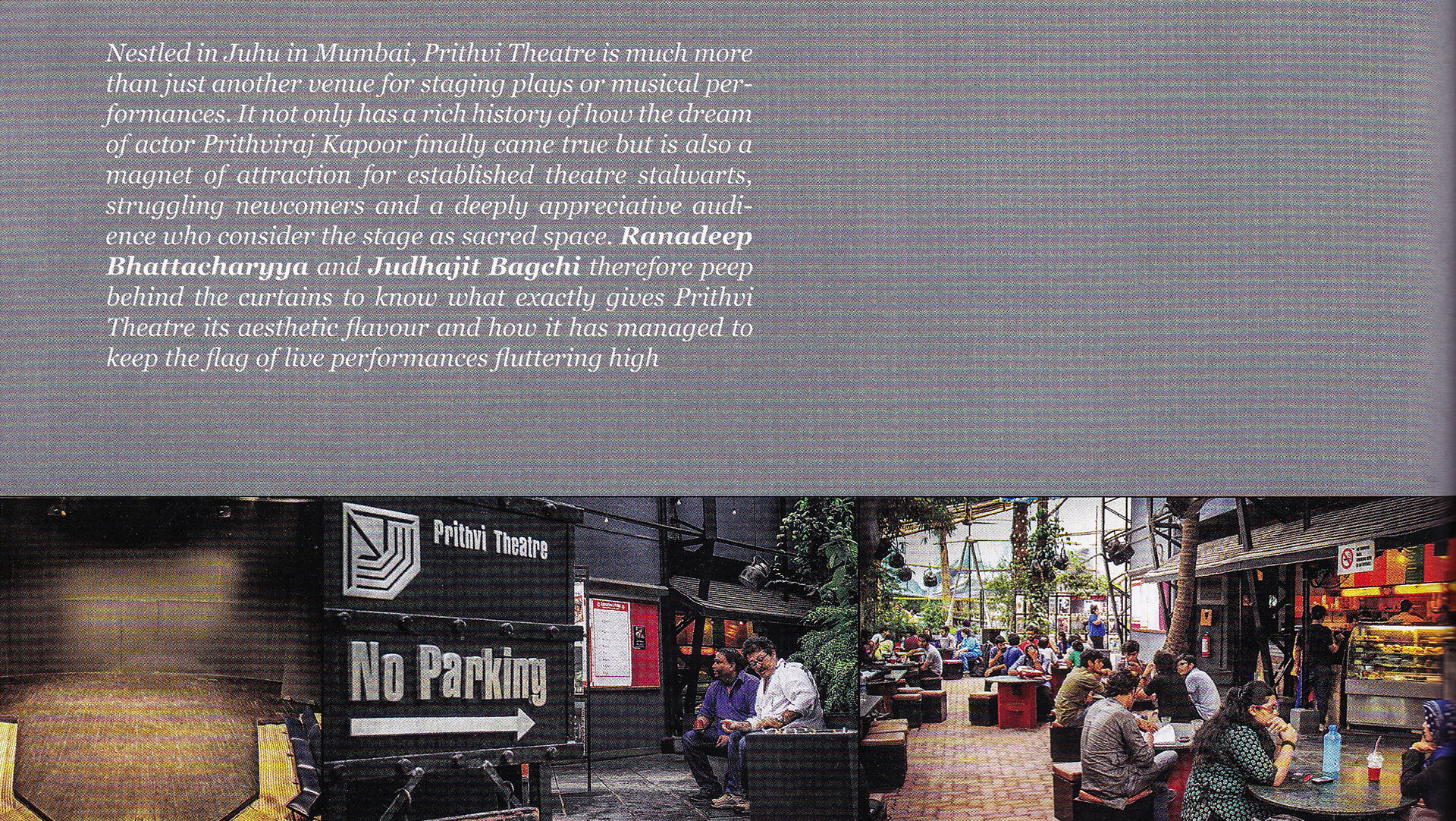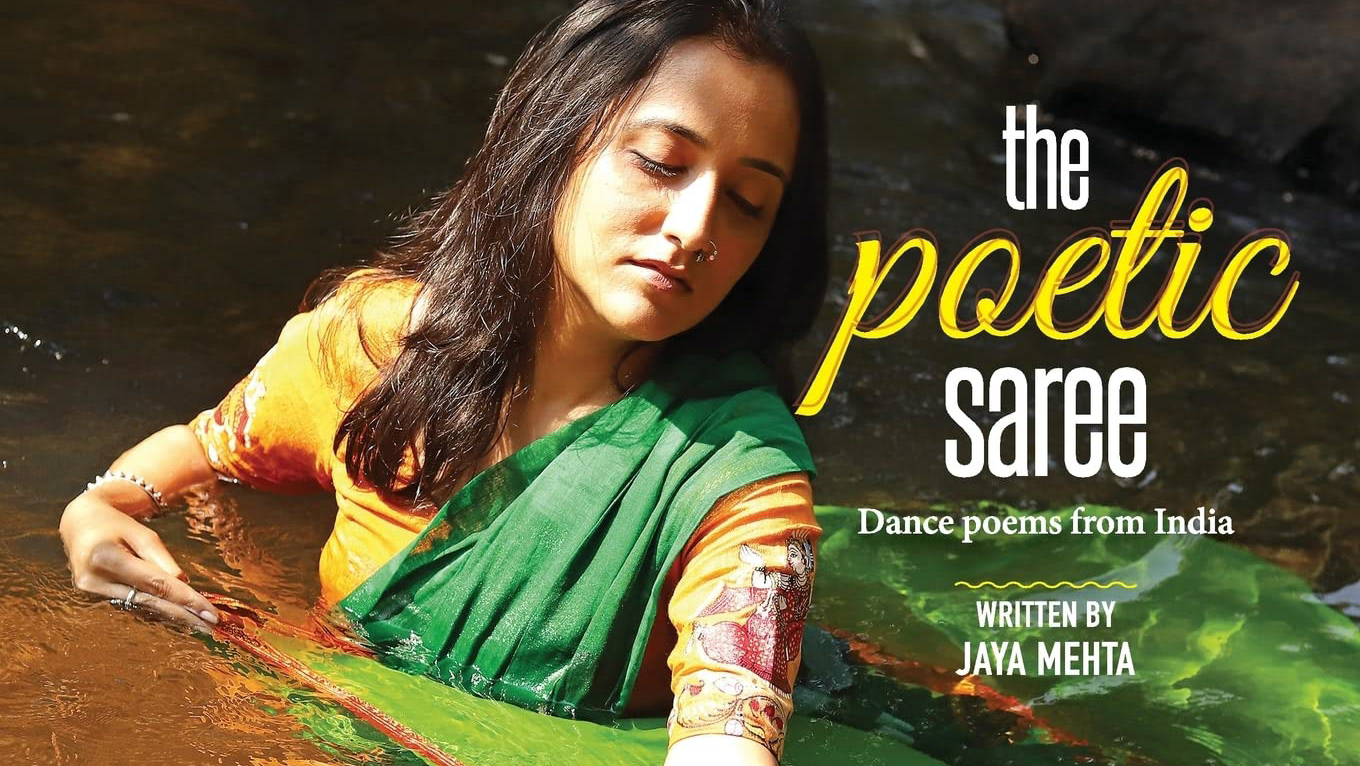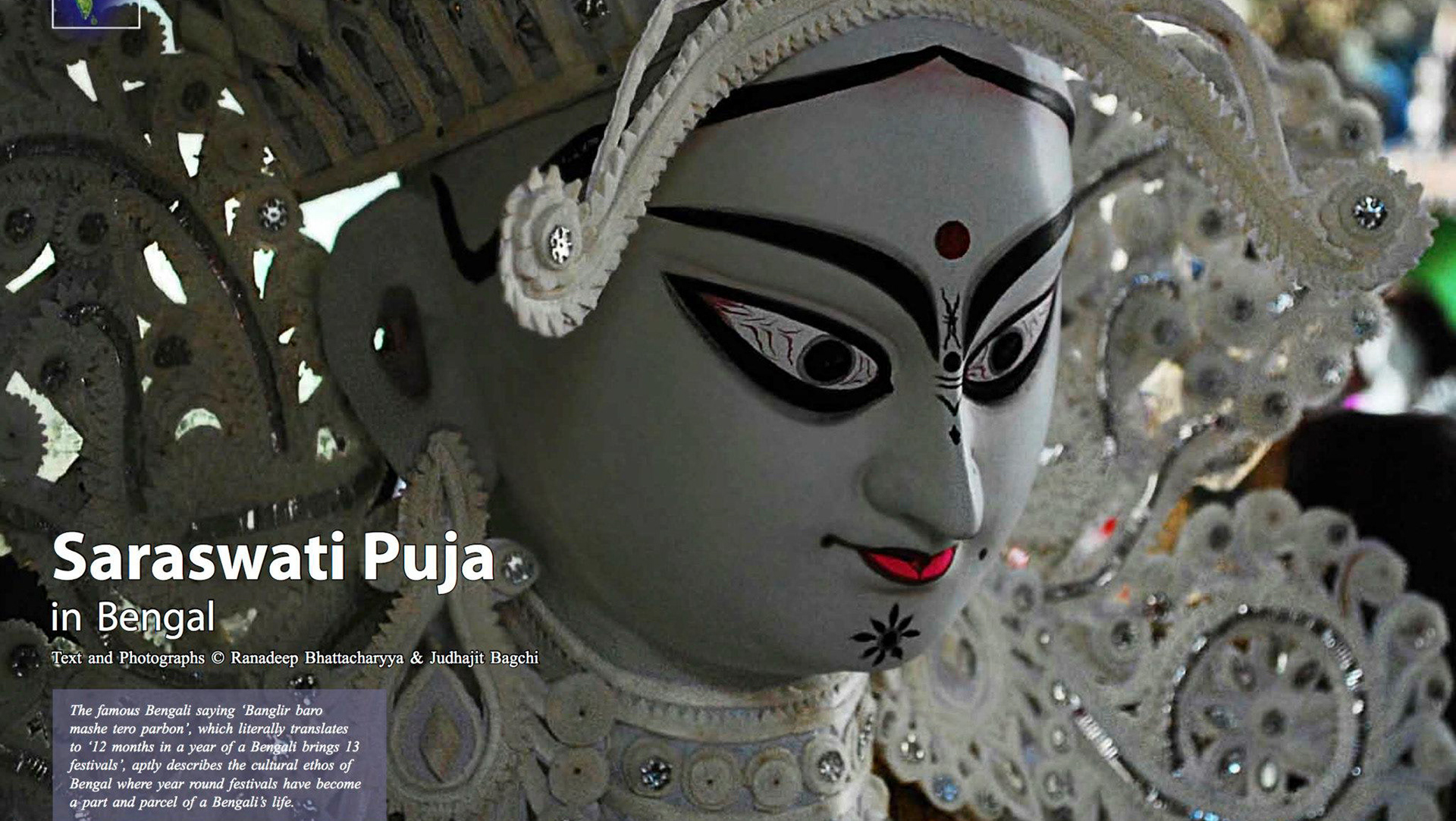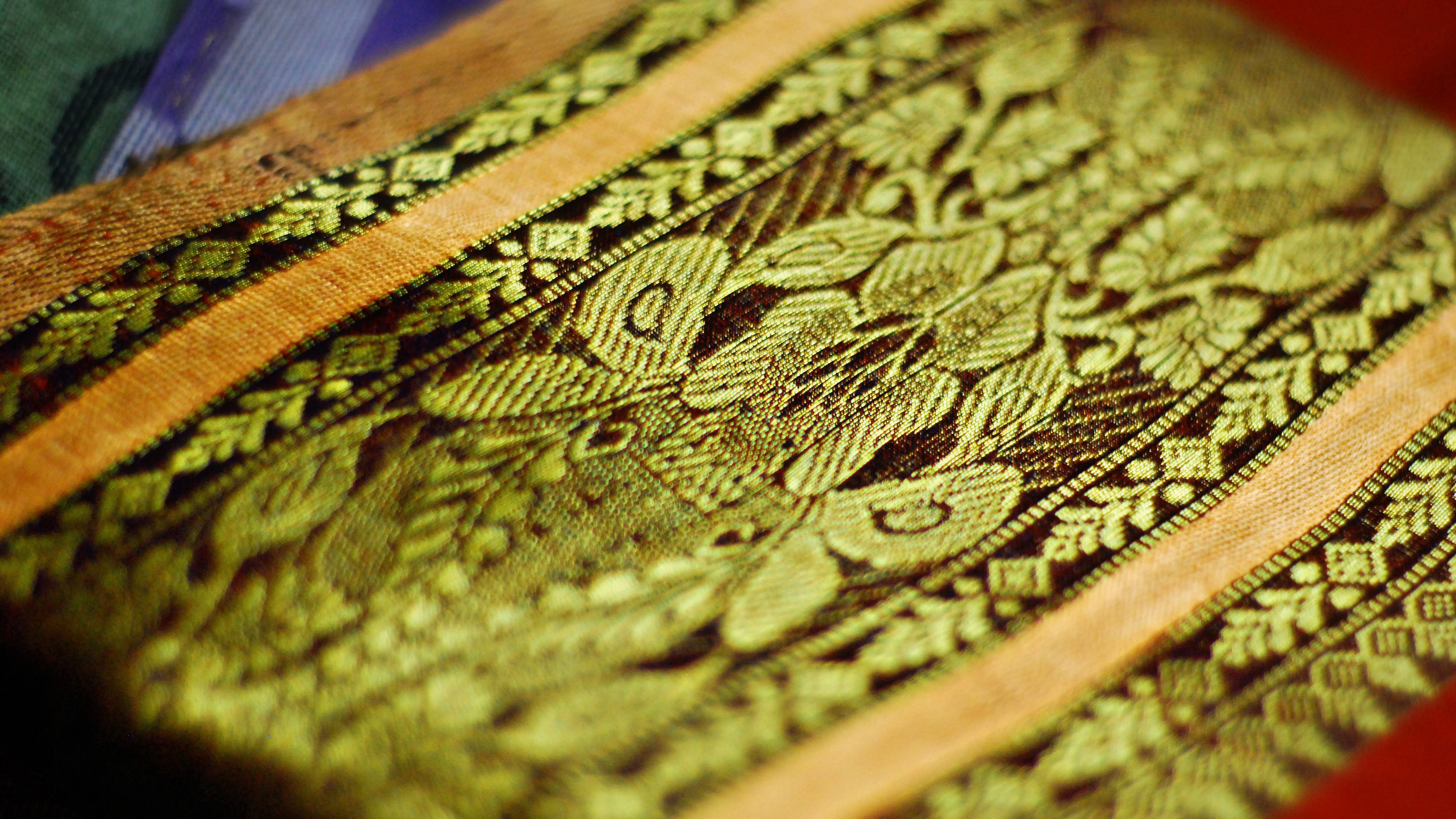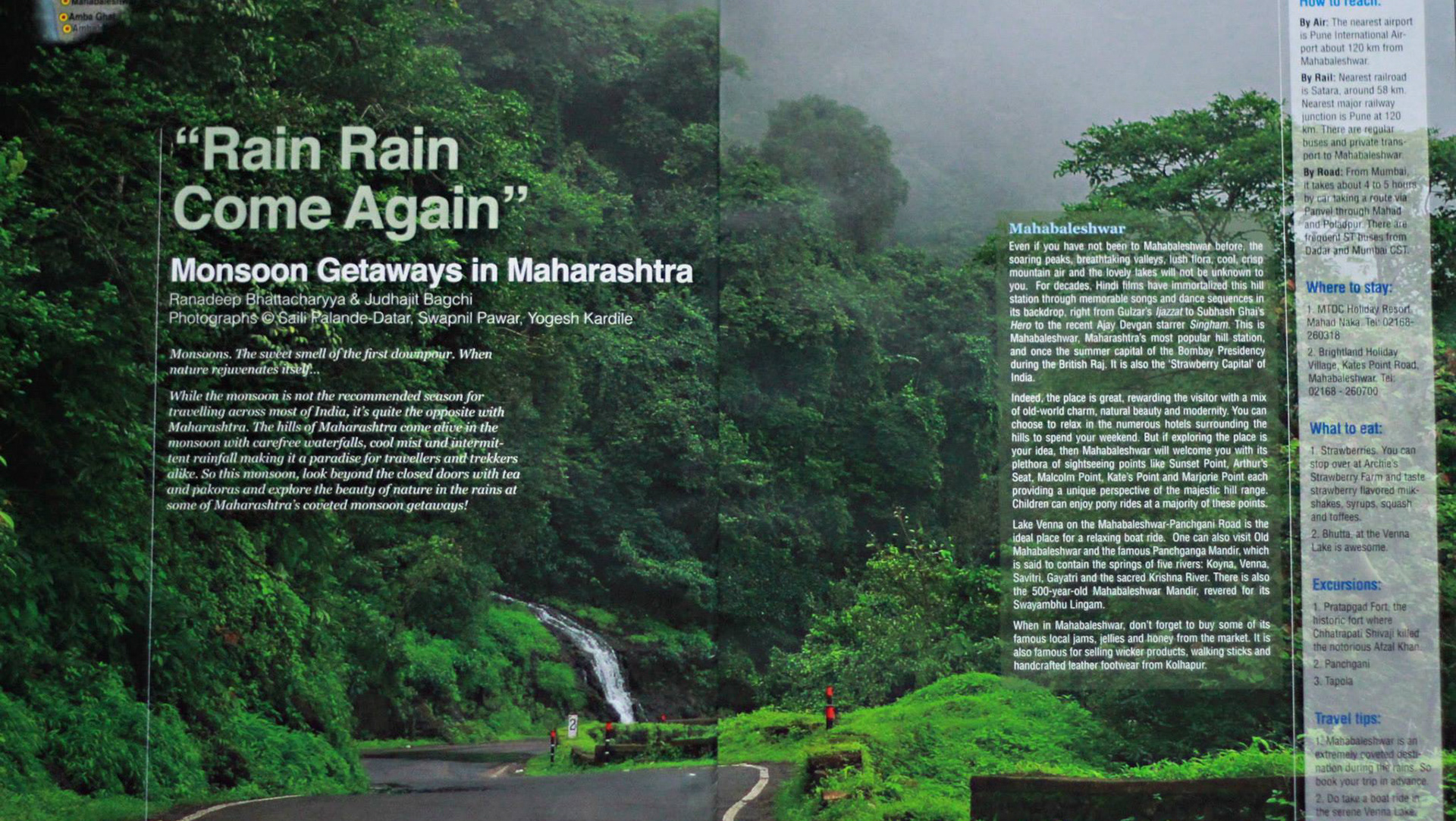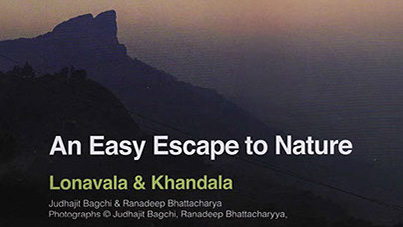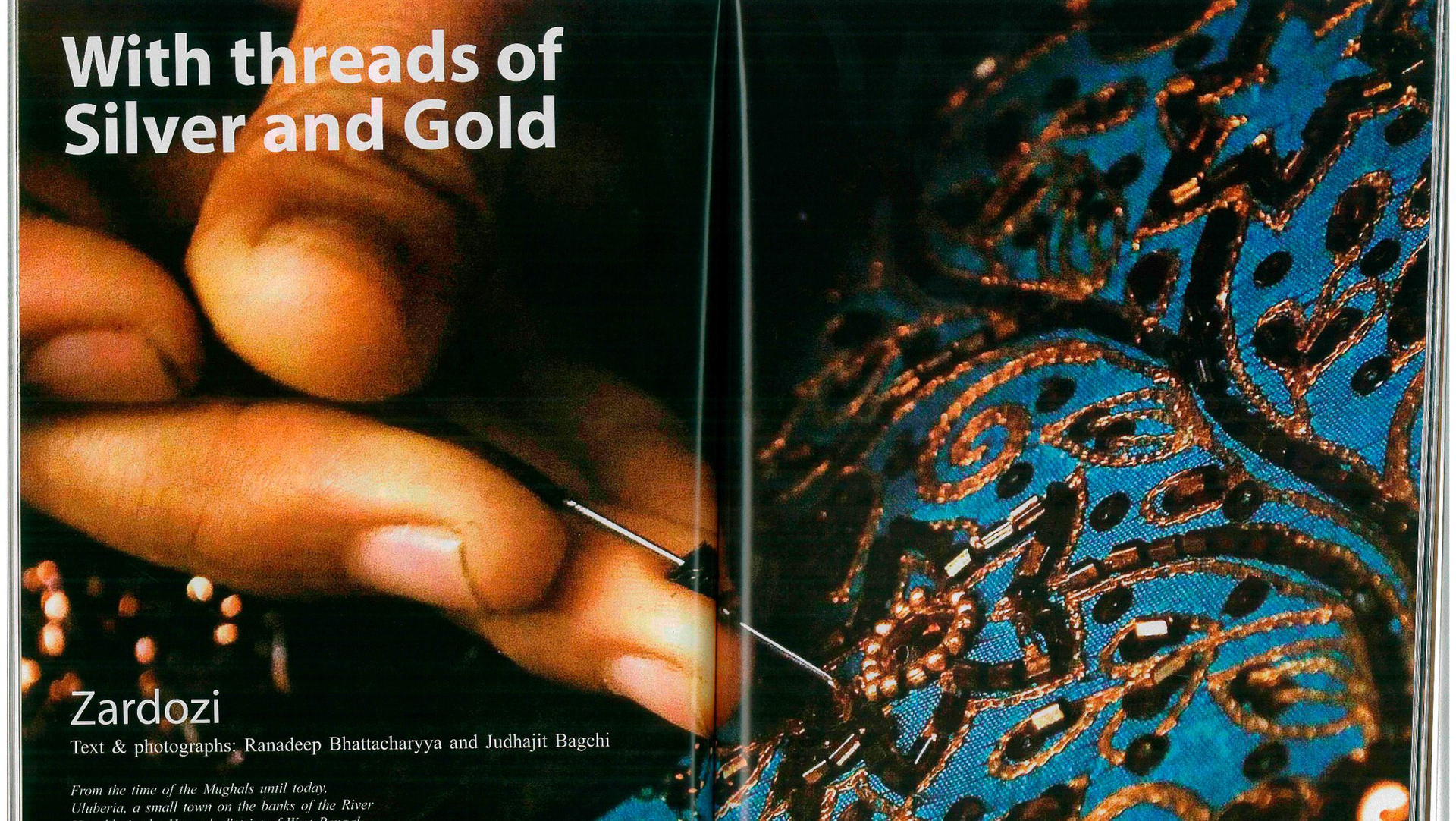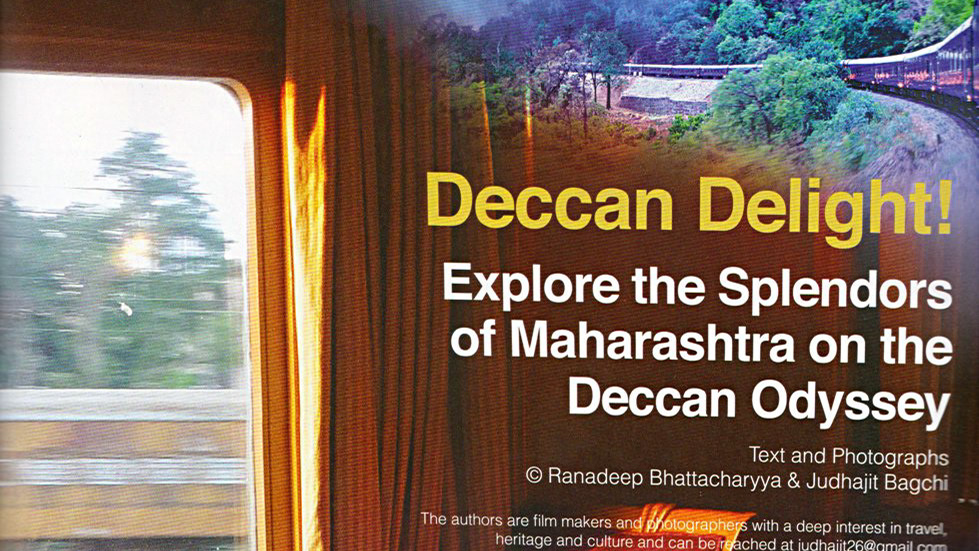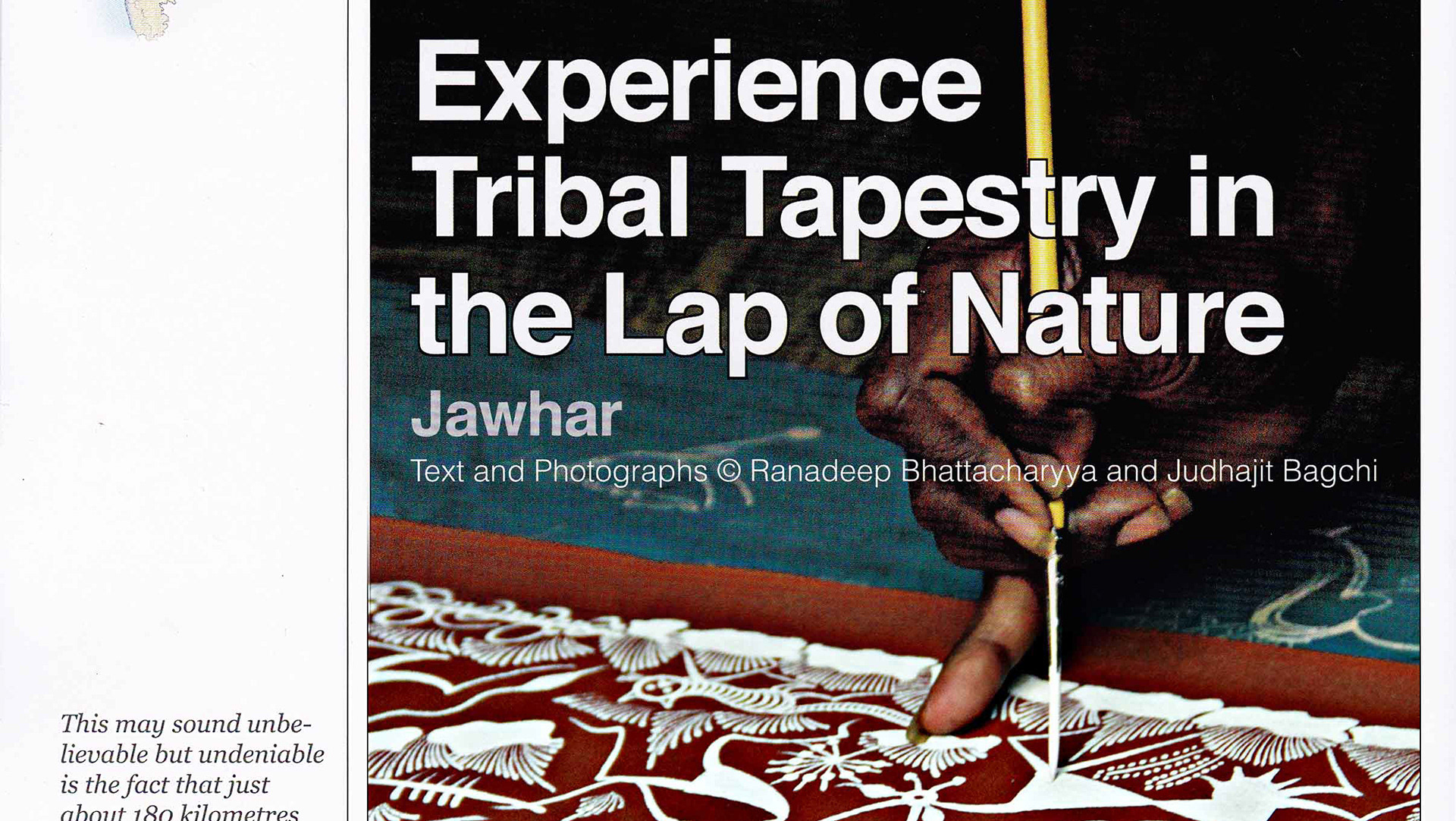Article: ‘Vajreshwari’ – The land of Pilgrimage and Natural Spas!
Article & Photographs By Ranadeep Bhattacharyya & Judhajit Bagchi
Craving for a break from the crowded city life of Mumbai? And all you can afford for this is just a day from your busy schedule? Then worry not and head straightaway to the quaint temple town of Vajreshwari at just two hours drive from Mumbai, where several hot springs await to rejuvenate you with their natural spas!
Vajreshwari situated on the banks of Tansa River in the Bhiwandi taluka of Thane district is located at a distance of about 81 kms from Mumbai city. Originally known as Vadvali, the Puranas mention the soil of this land to have been ‘blessed’ by the holy footsteps of Lord Rama and Parshurama- both incarnations of Lord Vishnu. In fact legend has it that Parashuram in his endeavor to
eradicate Kshatriyas from the face of the earth had performed a great yagna (ceremonial fire offering) at Vadvali and the hills of volcanic ashes with hot springs are its residue. The town gets its current name from its presiding deity Vajreshwari (the lady of the thunderbolt), an Avatar of Goddess Parvati who in order to protect Lord Rama’s Guru Rishi Vashistha, swallowed the Vajra (thunderbolt) sent down at him by Lord Indra. It is believed that on Lord Rama’s request Goddess Vajreshwari made Vadvali her permanent abode and even boiled the waters around the place for her faithful worshippers.
The trip to Vajreshwari is equally enthralling. Heading from Mumbai, as soon as you take right from the Mumbai- Ahmedabad Highway to Vajreshwari Road, the scenery gradually changes to lush green paddy fields and water bodies soothing the eyes. And as the road winds itself through the green forests, the enthusiastic birdwatcher and photographer can spot varieties of small birds humming along the way. Together with Ganeshpuri and Akloli, the small town of Vajreshwari with its several temples and over 21 hot springs scattered within a radius of 5 kms, offers its tourists a great mix of pilgrimage and relaxation.
Vajreshwari Temple
Nestled in the foothills of Mandagiri hillock, the intricately stone-carved Vajreshwari temple is located at the very entrance of the town and welcomes one with the imposing Dipamala (tower of lights) and several flower shops around it. At the first glance, the temple looks exactly like a fort with fifty-two steps leading to the main entrance. On ascend one can spot the golden tortoise (worshiped by the people as Kurma, the tortoise incarnation of Vishnu) carved on one of the steps. From atop one can see the breathtaking view of the entire countryside. The Nagarkhana or drum house at the very entrance of the temple is built exactly similar to Bassein fort entrance. The similarity is explained through an old painting hanging on the wall inside the temple itself. In the year 1739, Chimaji Appa, the younger brother and military commander of Peshwa Baji Rao I, had set camp around the Vadvali and Akloli region on his way to capture the invincible Bassein Fort of Vasai held by Portuguese for over three years. During this period he prayed to goddess Vajreshwari to help him conquer the fort with a promise to build a temple in her honour if he won the battle. It is believed that the goddess appeared in his dream and gave him advice on how to conquer the fort as a result of which Chimaji Appa was actually able to defeat the Portuguese. Hence, keeping his promise he ordered his governor Shankar Kasav Phadke to build Goddess Vajreshwari a temple in the replica of the Bassein fort. Since then people believe that the famed goddess fulfills one’s wishes if they genuinely pray to her.
Proceeding inside the dimply-lit main sanctum, one can behold the saffron idols of Goddess Vajreshwari in the center with Kalki Devi (the local village goddess) and Renuka Devi (Lord Parshurama's mother) on her either side clad in colourful saris. The divine sight is bound to make you mesmerized! A walk around the temple premise would reveal other smaller shrines of Kapileshwar Mahadeva (Shiva), Datta, Hanuman and other saints of Giri Gosavi sect along with a huge stage where locals celebrate Navratri and Ram Navami with great pomp and show. The Vajreshwari temple is a must visit for travellers as the sweet smells of incense, flower offerings and the serene hill in the backdrop create an ambience of tranquility and pure bliss that is definitely not to be missed.
Akloli Kund
Just about a kilometer on the narrow road left of the Vajreswari temple across the scenic bridge over the Tansa River would take one to Akloli Kund, famous for its hot springs created as a result of the area’s volcanic past. There is famous an old Shiv Mandir on the left of the road easily identified by the various garland and religious artifacts shops crowded around the temple. Around this Shiv Mandir there are at least seven hot springs, with three of the springs (locally referred to as Ram, Sit and Laxman) right in front of the temple with varying temperature of hot water running through them. Keep all your apprehensions behind and take a refreshing dip into the bubbling springs according to your tolerance level. You can spot several children and adults both enjoying themselves in the hot springs that are said to be rich in sulphur content healing many skin ailments. You can also visit the quaint Shiv Mandir, which apart from Lord Shiva’s Shrine houses many other beautiful deities. In the quiet ambience of the temple, divinity seems to come naturally to all. There is also a Sai Baba temple and a small room with Bhagwan Nityanand’s foot impressions on either side of the kund (water tank) that's worth a visit.
If you crave for a more natural setting for your hot spring experience, you may proceed a couple of yards back on a muddy lane towards the Tansa river where there are four tiled-hot spring structures of various sizes. There are also hot spring tanks right in the middle of the Tansa River, which is accessible by foot only during low tides! The adventurous spirits can even swim through the river and reach this vantage point to have a beautiful view of the Vajreshwari Temple in the backdrop of the hills. Small makeshift tents around these springs offer changing rooms for a nominal sum of money, especially for women. Even though the crowd here may look a little rowdy compared to the ones at the Shiv Mandir, but soaking your feet in the hot water while overlooking the river is really worth an experience. Chances of any infection from the common bath are negligible since there is always running water in these springs.
Ganeshpuri
At about two kilometers away from Vajreshwari Temple, lies Ganeshpuri- the small town famous for the Gurudev Siddha Peeth, Nityananda Mandir and another set of hot springs. Gurudev Siddha Peeth was built as an ashram by Swami Muktananda in the memory of his Guru Bhagwan Nityanad, the loin clothed saint who lead a simple life in Ganeshpuri in the service of the people. The ashram and its spiritual center are quite popular among foreigners who come to spend time to meditate here. The ashram had very tight security and it is not allowed to click pictures over here.
Little further down the road is the Bhagwan Nityanand Mandir, a granite and marble structure temple where mainly devotes visit to meditate. The temple complex also houses the museum of Bhagwan Nityanand and his disciple Swami Muktanand where one gets to know the story of the life of these great souls who walked on earth. Inside the premises of the temple are the samadhis of Bhagwan Nityanand and Bhimeshwar Ganesh. The atmosphere here is serene and the experience is divine. Also inside this temple complex is a small shrine dedicated to Lord Shiva where one can offer puja. Just outside the temple are three hot springs that are comparatively cleaner and less crowded than the ones in Akloli Kund. Maintained by the Nityanand Temple authorities, these shot springs of varying temperature are surrounded by proper changing rooms where women and men can conveniently change their clothes before and after their hot bath.
Distance from Mumbai: 81 kms north of Mumbai
Best time to Visit: September to March
Getting there:
By Air: Nearest airport is Chatrapati Shivaji International Airport Mumbai, which is at a distance of 80 km way from Vajreshwari.
By Rail: Nearest Rail head from the eastern suburbs of Mumbai is Thane Station. Thane is around 34 kms from Vajreshwari while the nearest rail station from the western suburbs of Mumbai is Vasai Road Station.
By Road: ST buses from Thane, Virar and Nalasopara also go to Vjreshwari and Akloli, famous for its cluster of hot springs.
Drivign by car, it takes around 2 hrs to reach Vrajeshwari. From the western suburbs of Mumbai take the Western Express Highway to Dahisar Check Naka; National Highway No. 8 to Shirsad and then the State Highway to Vajreshwari. From the eastern suburbs take the Eastern Express Highway till Mulund Check Naka and then Nasik Road to Bhiwandi Bypass Toll and from Bhiwandi Junction to Vajreshwari.
Excursions:
1. Parashuram Mandir.
2. Ruins of the historic Vasai Fort.
3. Tungareshwar Temple in Vasai.
Travel tips:
1. Definitely experience the hot spring bath. It will be an experience of a life time.
2. Do check the water temperature by dipping your feet into the hot spring first. Sometimes the water may be too hot to create burns.
3. If you are visiting the Vajreshwari Temple and want to pay for any offerings, do ask and check for the official rate lists for all services as decided by the Shri Mata Vajreshwari Devi Shrine Board. Be careful of touts.
4. It is not permitted to carry your cameras inside the Gurudev Sidha Peeth at Ganeshpuri and also inside the temple area at Vajreshwari.
5. The Nityanand Museum is closed from 1:30 pm to 3:30pm every day. So plan your visit accordingly.
6. Photography enthusiasts and bird lovers watch out for rare birds along the Vajreshwari Road.
What to buy:
1. There are some really interesting metal and stone cut jewelry shops near the Nityanand Temple in Ganeshpuri. Check out natural stone garlands. Don’t forget to bargain!
2. If interested in buying metal art objects and idols (both Indian and Tibetan) then do visit the Nityanand Gift Shop right opposite to the Gurudev Siddha Peeth for an awesome range of collection.
What to eat:
1. Foodie? Then definitely stop by Hotel Kerala Kunn Bhuwan for a rice and chicken thali at exceptionally cheap rate.
2. Have a glass of local sugar cane juice to rejuvenate yourself while travelling from one location to the other.
3. Try out eating joints at Ganeshpuri for authentic South Indian home-made food.
Where to stay:
1. Pavan Resorts, Opposite Akloli hot springs. Tel: 02522-261371
2. Tansa Resort, Akloli Kund. Tel: 02522- 261436

